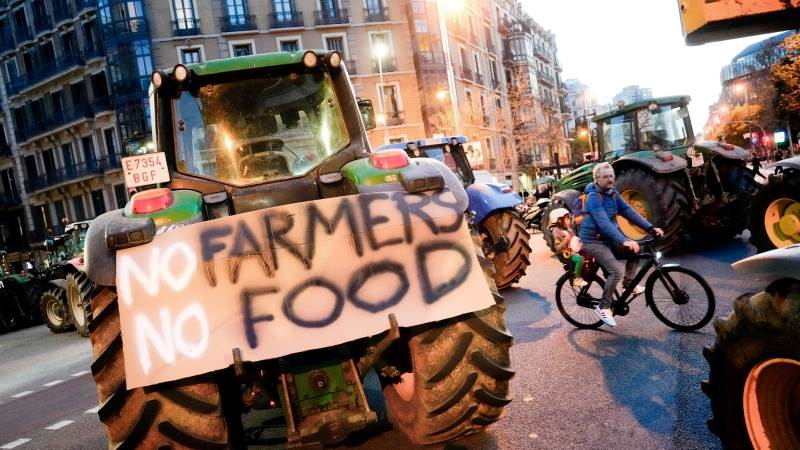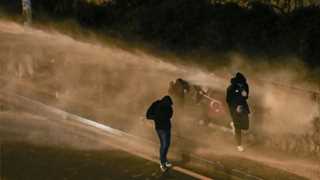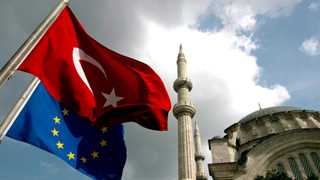Farmers' protests have become a familiar sight in Western Europe over the recent years. However, 2024 has so far been marked by unusually widespread manifestations of anger, from Belgium to Bulgaria, with tractors blocking city streets and highways, and farmers clashing with police. The list of issues is long and, while some problems are specific to individual countries, there are several that have crossed national borders and compelled European leaders to seek out a compromise with the protesters.
Farmers in the European Union have long been battling with the EU's regulations and high standards for agricultural production. They argue that they are unable to compete with cheap goods imported into the EU, partly because foreign exporters do not have to comply with these regulations. The protesters point to the union's trade deal negotiations with Mercosur, a common market for South American countries, as a particular point of concern.
Russia's invasion of Ukraine has impacted farmers on several fronts. The energy crisis resulted in a fuel cost hike and contributed to rising inflation. Governments stepped in to keep food prices in check, which limited the farmers' profits. The war between two major fertilizer exporters also caused fertilizer supply issues and surging prices. In addition, the EU halted import duties for Ukrainian food exports to help keep its economy afloat, which eventually flooded the EU markets with cheap Ukrainian products.
Farmers have also come out against the EU's Green Deal, feeling that many of its proposals to curb climate change and protect the environment have an outsized impact on their livelihood. Several member states moved to end subsidies for agricultural diesel, control the use of land and water, and reduce pesticides, fertilizers and emissions, among other measures. However, the agricultural sector has seen a very direct impact from climate change as well, ranging from floods to droughts and wildfires.
Faced with the extent of the farmers' protests and food supply disruptions increasingly emptying supermarket shelves, European politicians made concessions. The EU suspended its plan to halve the use of pesticides by 2030, promising renewed negotiations with stakeholders. Several EU leaders spoke out against the Mercosur deal, led by French President Emmanuel Macron, who said the South American bloc's regulations are "not in line with ours." Countries including France and Germany are also walking back the planned diesel taxes or subsidy phaseouts. Whether these measures will do enough to stop the protests from reigniting a few months down the line is yet to be seen.




